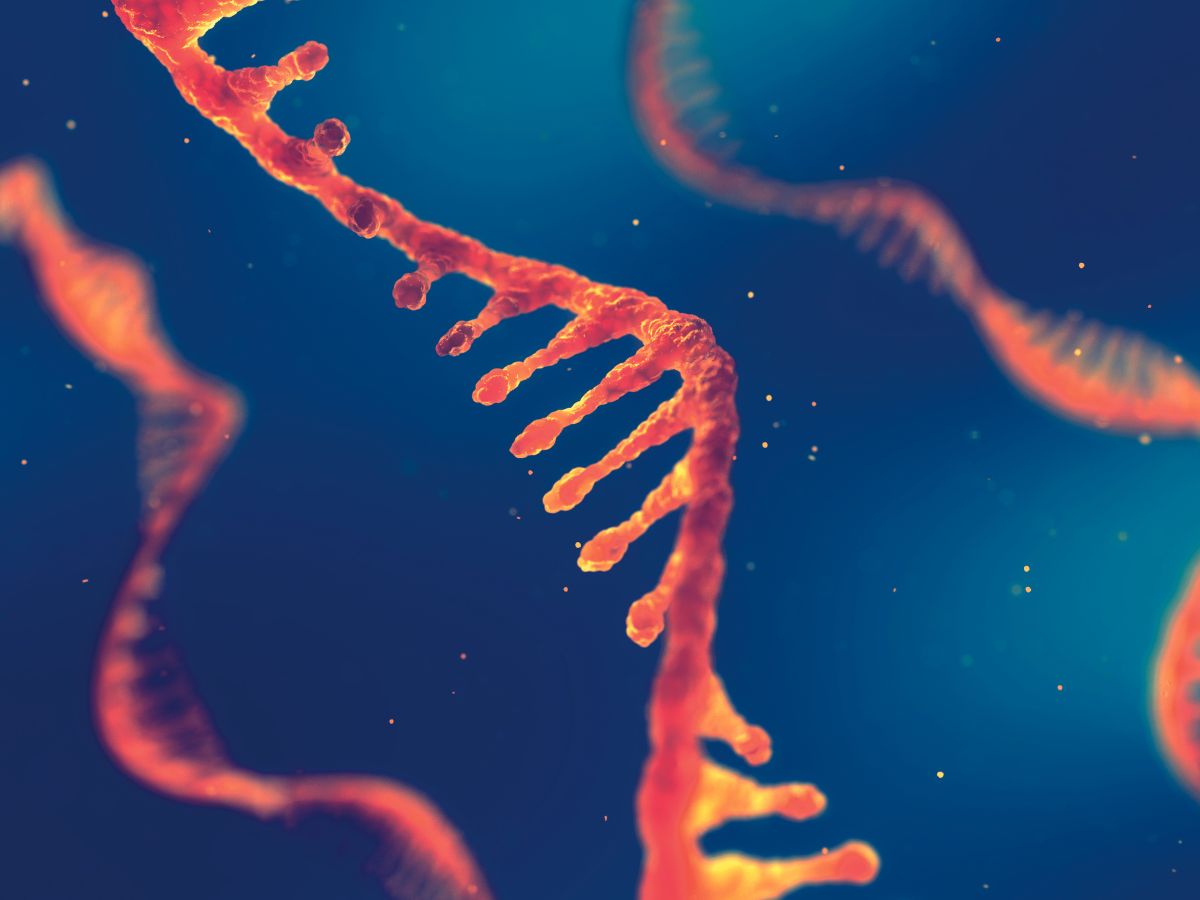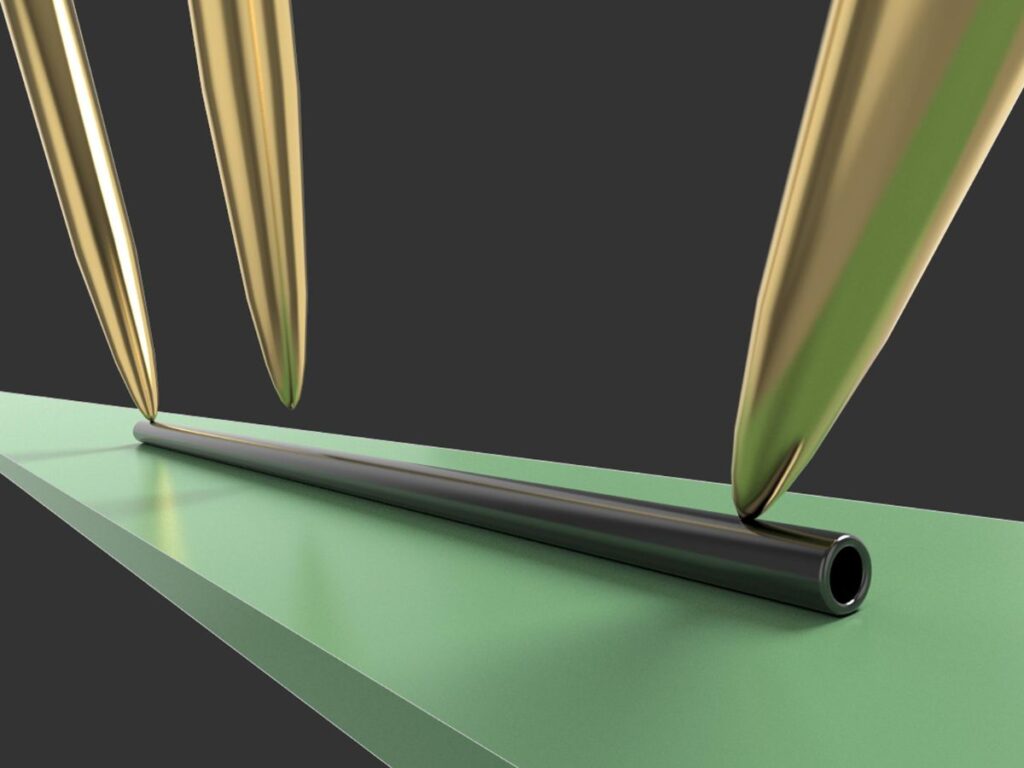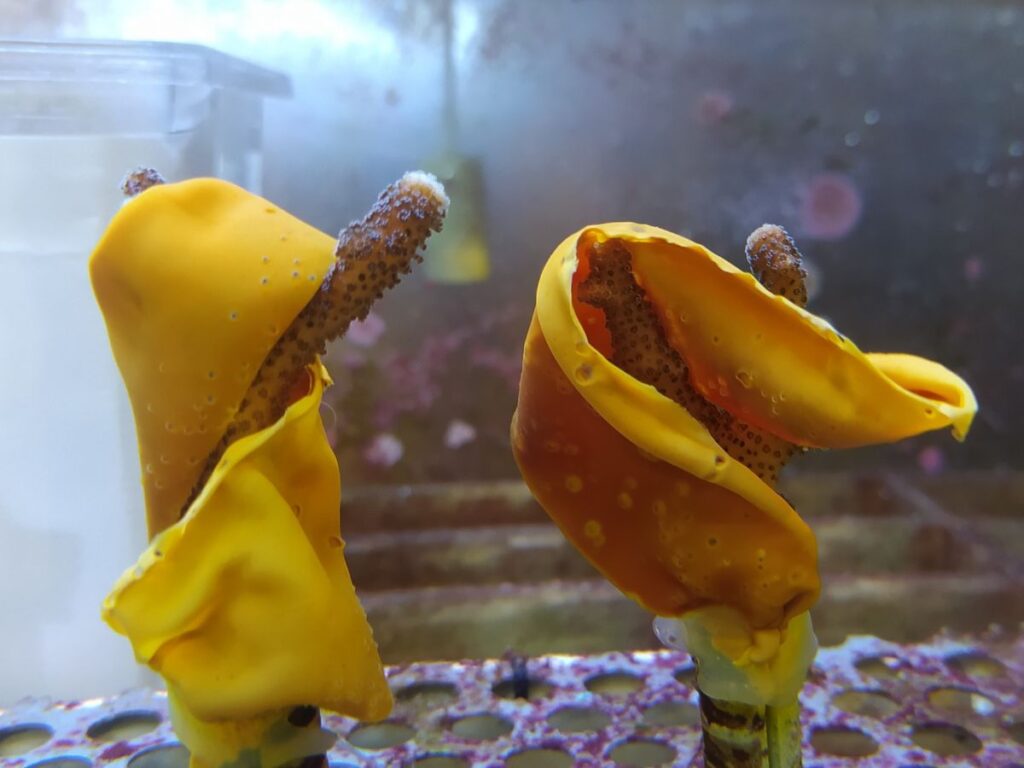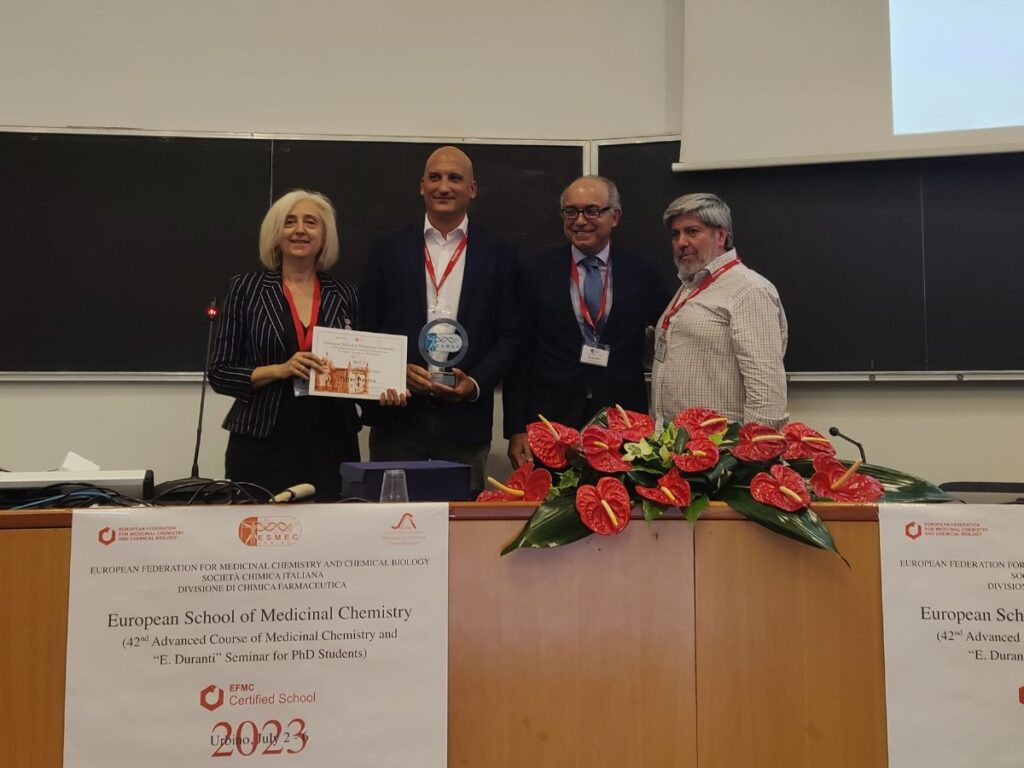A new study, published in The EMBO Journal, resulting from collaboration between the Department of Biology and Biotechnology Charles Darwin at Sapienza University, IIT, and CNR
The fundamental role of non-coding RNAs – which are not translated into proteins – in regulating developmental and functional programs of tissues, particularly the nervous system, has become increasingly apparent in recent years.
While many specific functions are still not well understood, non-coding RNAs play a crucial biological role, making them of considerable interest, especially in the field of biomedical research.
A new study, led by Irene Bozzoni from the Department of Biology and Biotechnology Charles Darwin at Sapienza University and the Clns of the Italian Institute of Technology, in collaboration with Pietro Laneve from CNR, has characterized the activity of a specific gene (MN2) that directs the production of multiple structurally diverse non-coding RNAs, both long (lncRNA) and short (microRNA).
In particular, advanced molecular and cellular biology techniques have enabled researchers to elucidate the mechanism through which the interplay between lncRNA and microRNA controls the expression of protein-coding genes crucial in the differentiation of motor neurons, which are the neurons responsible for transmitting nerve signals from the central nervous system to muscles.
The research, born from collaboration between Sapienza University, the Italian Institute of Technology, and CNR, was funded by ERC-2019-SyG and published in the prestigious international journal The EMBO Journal.
“The work – explains Irene Bozzoni, coordinator of the research group – helps us better understand the functions attributed to the non-coding genome. In particular, we have highlighted for the first time how a mechanism based on microRNA sequestration by an lncRNA – called a ‘molecular sponge’ – contributes to the generation of motor neurons.”
Motor neurons, in addition to mediating nerve signals responsible for muscle contraction, are also targets of severe degenerative diseases and disabling injuries.
“The hope – concludes Irene Bozzoni – is that understanding the processes of motor neuron formation may enable the development of new therapeutic approaches in neurodegenerative medicine.”
References: A multifunctional locus controls motor neuron differentiation through short and long non-coding RNAs – Andrea Carvelli, Adriano Setti, Fabio Desideri, Silvia Galfrè, Silvia Biscarini, Tiziana Santini, Alessio Colantoni, Giovanna Peruzzi, Matteo J Marzi, Davide Capauto, Silvia Di Angelantonio, Monica Ballarino, Francesco Nicassio, Pietro Laneve, Irene Bozzoni- The EMBO Journal (2022)






